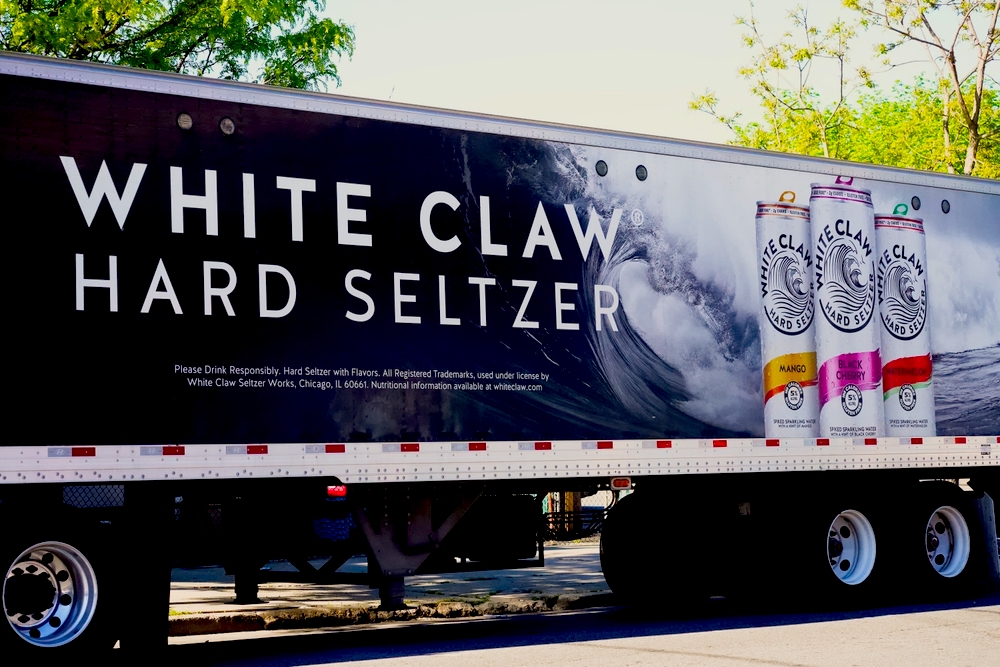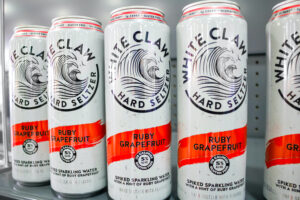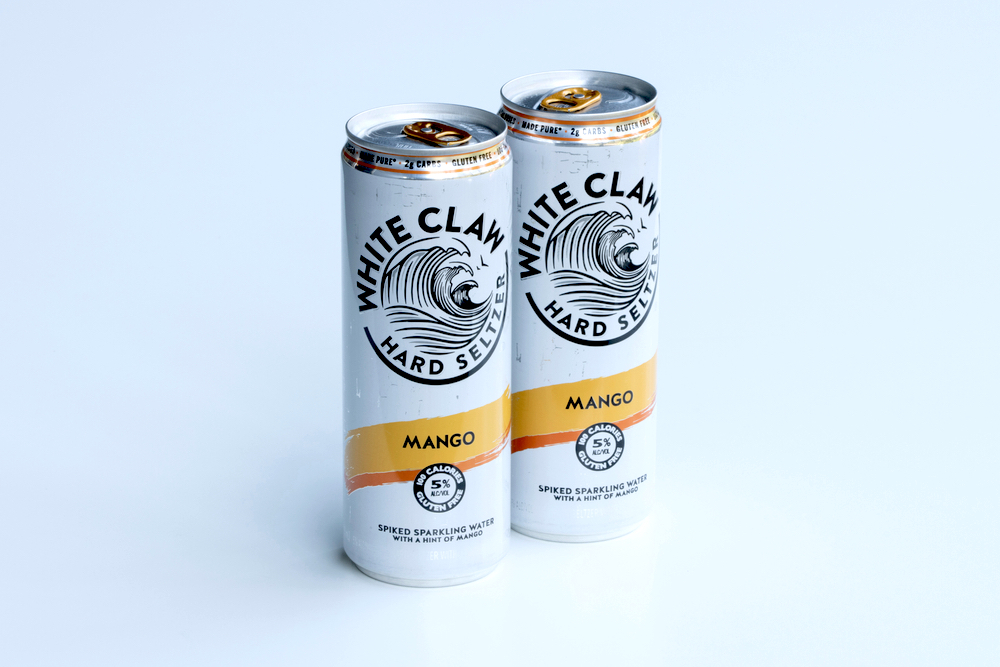Is White Claw Gluten Free? FACTS Only

Did you know that gluten intolerance affects millions of people worldwide? Gluten intolerance has become increasingly prevalent in recent years, leading to a rise in demand for gluten-free options. But the search for gluten-free alternatives to favorite beverages can be a real challenge for those individuals.
One popular alcoholic drink that often comes up in these conversations is White Claw. White Claw has gained significant attention due to its refreshing taste and low-calorie content.
Contact Us Today for a Confidential Assessment.
Call (877) 959-5909 Now to Speak with a Specialist
In this article, we will explore the question many have been asking: Is White Claw gluten-free? So, if you're curious about the gluten content in White Claw, keep reading to discover the answer.
Is White Claw Gluten-Free?
A question that is often asked is whether White Claw is gluten-free. Is it safe for people with celiac disease? The answer is yes, White Claw is indeed gluten-free.
White Claw Hard Seltzer is made from a combination of carbonated water, alcohol derived from fermented sugar cane, and natural flavors. These ingredients do not contain gluten. The brand even states that White Claw has a gluten-free alcoholic base, making it a safe choice for those with gluten intolerance.
Plus, White Claw offers a range of fruit flavors which are all naturally gluten-free. White Claw flavors include the Black Cherry flavor that has been increasingly popular in recent years.
For individuals on a gluten-free diet or seeking gluten-free alcoholic beverages, White Claw is a viable option.
Its use of gluten-free ingredients and commitment to providing safe choices for those with celiac disease has contributed to its popularity among consumers.
Is There Alcohol in White Claw?
Yes, White Claw is a popular brand of alcoholic beverages, known for its blend of alcohol, seltzer water, and natural flavors.
White Claw contains 5 percent alcohol by volume, and its alcohol content is derived from fermented sugar cane. This makes White Claw a low-calorie alternative to traditional beer or hard liquor.
However, this does not make it suitable for underage drinkers or people who are recovering from alcohol abuse and addiction. Even if White Claw is low-calorie and gluten-free, the beverage still has alcohol comparable to a standard beer. This means that those who are recovering from alcohol abuse should exercise caution when consuming White Claw.
What To Do If You're Addicted to White Claw?
Treatment for White Claw addiction is an important consideration for individuals who find themselves struggling with excessive consumption of this popular alcoholic beverage. While White Claw may seem like a harmless and refreshing choice, it's crucial to recognize that any form of alcohol can be addictive and lead to negative consequences for both physical and mental health.
When it comes to addressing White Claw addiction, seeking professional help is highly recommended. It is essential to consider various treatment modalities. These may include inpatient or outpatient rehabilitation programs, individual counseling, group therapy, and support groups such as Alcoholics Anonymous (AA) or other recovery communities.
These treatments provide a supportive environment where individuals can learn coping strategies, develop a relapse prevention plan, and address underlying issues that may contribute to addiction.
It's important to note that addiction treatment is a personalized journey, and what works for one person may not work for another. Therefore, it's crucial to consult with healthcare professionals or addiction specialists who can assess the individual's specific needs and recommend appropriate treatment options.
White Claw addiction should not be taken lightly, and seeking treatment is essential for those struggling with excessive consumption. If you or someone you love is addicted to White Claw, reach out to Anaheim Lighthouse today. Our alcohol addiction treatment programs provide comprehensive and individualized care to help individuals achieve a full recovery.















